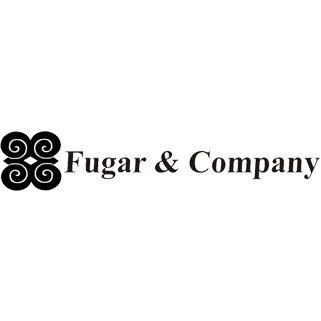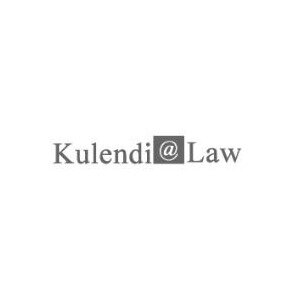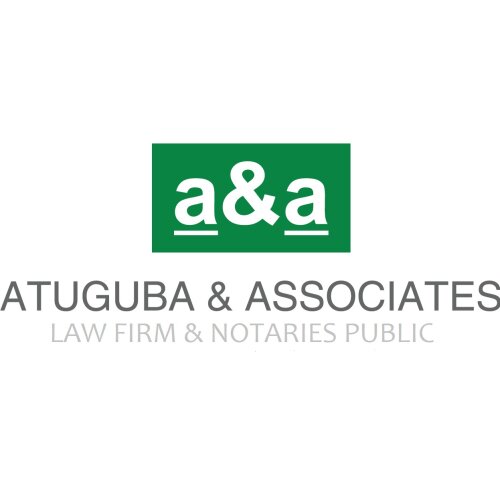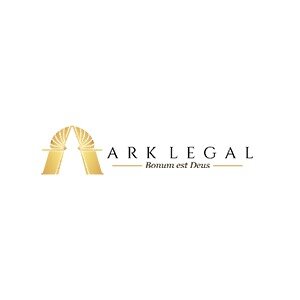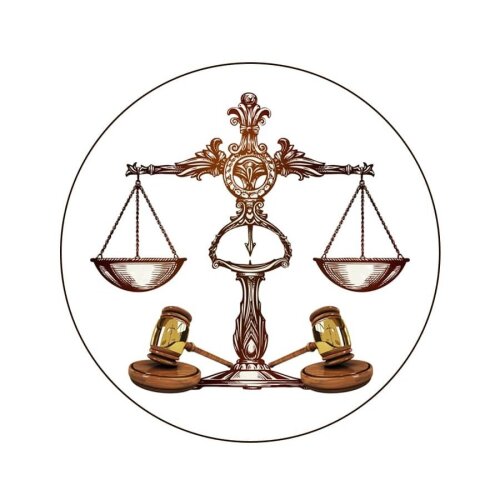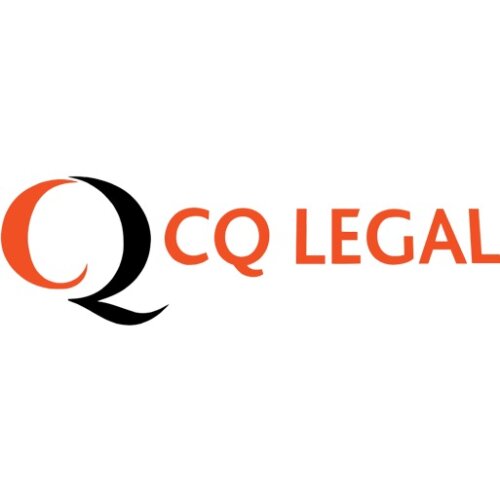Best Legal Document Lawyers in Ghana
Share your needs with us, get contacted by law firms.
Free. Takes 2 min.
Or refine your search by selecting a city:
List of the best lawyers in Ghana
About Legal Document Law in Ghana
In Ghana, legal document law encompasses a broad range of documentation requirements dictated by statutory regulations and common law practices. This includes contracts, wills, property deeds, affidavits, and more. Legal documents serve as binding agreements or authoritative evidence and must often comply with precise formats and procedures to be considered valid under Ghanaian law. Compliance can involve witnessing, notarization, registration, or stamping, depending on the type of document. Therefore, understanding the nuances within this field and the evolving legislative landscape is crucial to ensuring legal security and enforceability.
Why You May Need a Lawyer
There are numerous situations where individuals may need legal assistance concerning legal documents in Ghana. Common scenarios include:
- Drafting Contracts: Ensuring terms are clear and enforceable.
- Property Transactions: Managing deeds, leases, and compliance with land registration laws.
- Wills and Estates: Drafting wills and managing inheritance issues.
- Family Law Matters: Crafting prenuptial agreements or divorce settlements.
- Business Registration: Developing foundational documents for corporate structures.
- Dispute Resolution: Requiring mediation or litigation for contract disputes.
- Notarization/Attestation: For official verification and witnessing of signing documents.
In these situations, lawyers provide valuable insights on legal standing, advice on rights and obligations, and help ensure compliance with current laws.
Local Laws Overview
Legal documents in Ghana are governed by several key pieces of legislation, each focusing on specific areas of law:
- Contract Act 1960: Outlines the general requirements for legally binding agreements.
- Land Title Registration Law 1986: Governs registration of land titles and interests.
- Wills Act 1971: Provides guidelines for drafting wills to ensure they are validly executed.
- Companies Act 2019: Covers establishment, operation, and document requirements for companies.
- Evidence Act: Governs the admissibility and validity of documents as evidence in legal proceedings.
These laws highlight the necessity of adherence to specific requirements in the preparation and execution of various legal documents.
Frequently Asked Questions
What is considered a legal document in Ghana?
Any written instrument that sets out or creates a binding legal obligation, agreement, or right recognized by law is considered a legal document.
Do I need a lawyer to draft a legal document?
While it is not mandatory to have a lawyer draft simple legal documents, legal advice is recommended to ensure compliance with statutory requirements and safeguard your interests, especially in complex transactions.
How can I ensure my legal document is enforceable?
To ensure enforceability, a legal document must be clear, adhere to legal formalities, comply with the relevant laws, and be executed correctly with necessary signatures and stamps.
What are the consequences of not following legal document laws?
Failure to comply may result in a document being deemed invalid or unenforceable, which can lead to disputes, financial losses, or legal penalties.
Can I amend an existing legal document?
Yes, amendments can usually be made through addendums or supplemental agreements, provided they are executed under similar conditions as the original document.
What is notarization, and when is it required?
Notarization involves a public official (notary) witnessing the signing of a document. It is usually required for certain high-stakes documents like property transfers.
Is online documentation valid in Ghana?
E-signatures are becoming acceptable especially in e-commerce transactions, but certain documents still require traditional physical signatures to be legally binding.
What should I do if I lose an original legal document?
It's advisable to have certified copies made. In case of loss, a statutory declaration or affidavit might be required to validate the copy.
How are disputes involving legal documents resolved?
Disputes could be resolved through negotiation, mediation, arbitration, or court proceedings depending on the nature and terms of the document.
Can foreigners execute legal documents in Ghana?
Yes, foreigners can execute legal documents, but some documents might require translation or additional authentication if involving international jurisdictions.
Additional Resources
Individuals seeking more information or assistance concerning legal documents in Ghana may find the following resources helpful:
- The Ghana Bar Association: Offers a directory of licensed lawyers.
- The Registrar General's Department: Manages company registration and provides relevant documents.
- The Lands Commission: Handles land title registrations.
- Court Registries: Provide copies of legally registered documents and pertinent information for court processes.
- Government Publications: Access legal frameworks and updates on legislative changes affecting documents.
Next Steps
If you need legal assistance with documents in Ghana, consider the following steps:
- Identify Needs: Clearly identify your document needs to guide your search for legal expertise.
- Consult a Lawyer: Contact a legal professional qualified in Ghanaian law who can provide specific advice and drafting services.
- Gather Necessary Information: Assemble all relevant information and documentation needed for comprehensive legal advice.
- Verify Credentials: Ensure the lawyer or legal consultant is registered and in good standing.
- Request Detailed Fee Estimates: Ask for an estimate to understand potential legal costs involved.
- Review and Sign: Carefully review any drafted documents before signing and ensure you understand all terms and implications.
Engaging professional legal services can protect your interests and navigate the complexities of the Ghanaian legal system effectively.
Lawzana helps you find the best lawyers and law firms in Ghana through a curated and pre-screened list of qualified legal professionals. Our platform offers rankings and detailed profiles of attorneys and law firms, allowing you to compare based on practice areas, including Legal Document, experience, and client feedback.
Each profile includes a description of the firm's areas of practice, client reviews, team members and partners, year of establishment, spoken languages, office locations, contact information, social media presence, and any published articles or resources. Most firms on our platform speak English and are experienced in both local and international legal matters.
Get a quote from top-rated law firms in Ghana — quickly, securely, and without unnecessary hassle.
Disclaimer:
The information provided on this page is for general informational purposes only and does not constitute legal advice. While we strive to ensure the accuracy and relevance of the content, legal information may change over time, and interpretations of the law can vary. You should always consult with a qualified legal professional for advice specific to your situation.
We disclaim all liability for actions taken or not taken based on the content of this page. If you believe any information is incorrect or outdated, please contact us, and we will review and update it where appropriate.
Browse legal document law firms by city in Ghana
Refine your search by selecting a city.



